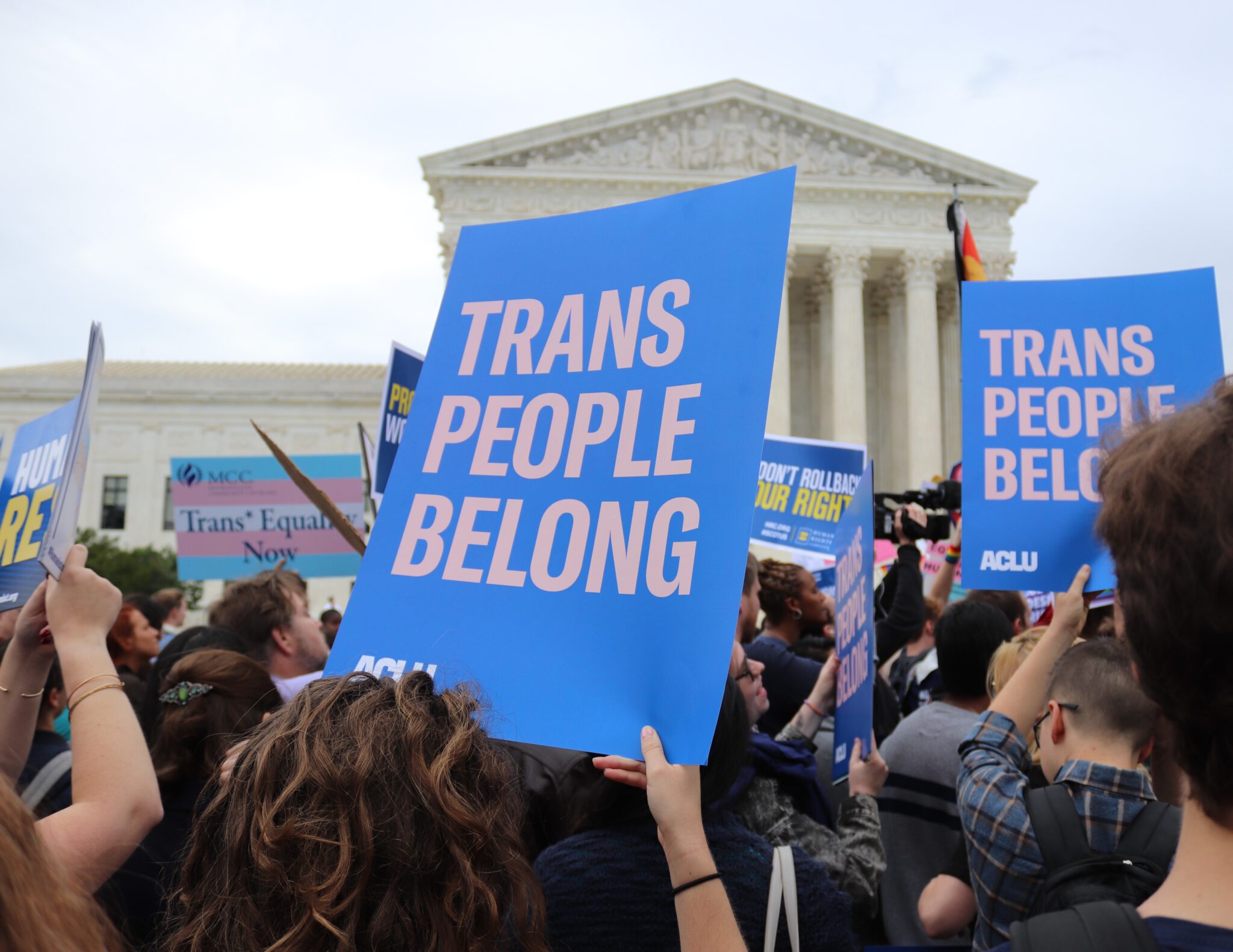
Julio Colby is a student at Harvard Law School.
In today’s News and Commentary, Starbucks violated labor law by threatening several workers and firing one at a Colorado store; the Fifth Circuit appears open to creating a religious carveout for Title VII’s anti-LGBTQ discrimination protection; the Ninth Circuit is hearing a farmworker case involving a California “client employer” law which could expand liability for employers in contracting relationships.
On Monday, an NLRB judge found that Starbucks violated federal labor law by threatening union-supporting workers at a Colorado store and by giving final warnings to two union organizers and firing one of them. Despite the interference, workers at the Denver store voted 13-0 to join Starbucks Workers United last year. Judge Amita Baman Tracy found that anti-union animus motivated the threats and firing, and that the company’s service of subpoenas to employees requesting their affidavits was “inherently coercive.” But Judge Tracy declined to find that the store’s captive audience meetings were unlawful under the NLRA, choosing to “follow current Board law” despite the General Counsel’s argument, in her brief for the case and a memo last year, that these meetings are unlawful under the Act. The judge ordered Starbucks to rescind its warnings and reinstate the fired worker with backpay and associated expenses. Lawyers for the company maintain that the actions were valid and are considering options “to obtain a full legal review of the matter.”
At oral arguments on Tuesday, a panel of the US Court of Appeals for the Fifth Circuit seemed open to upholding a lower court decision allowing faith-based employers to avoid complying with LGBTQ workplace discrimination laws. At issue is the scope of the Supreme Court’s landmark 2020 decision in Bostock v. Clayton County, which held that Title VII of the 1964 Civil Rights Act protects against discrimination on the basis of gender identity and sexual orientation. A Texas healthcare provider and church jointly sued the EEOC arguing that the interpretations of Title VII under Bostock and subsequent EEOC guidance documents violate their religious liberty. In a November 2021 order, US District Judge Reed O’Connor first certified two nationwide classes: one for all “Religious Business-Type Employers” — for-profit entities for whom religion is part of but not the sole mission of the organization — and another for “every employer in the United States that opposes homosexual or transgender behavior for religious or nonreligious reasons.” The judge then granted summary judgment in favor of both classes, finding that religious employers are shielded from LGBTQ discrimination liability by the Religious Freedom Restoration Act and the First Amendment; that any employer’s anti-LGBTQ policies regarding sexual conduct, dress codes, and restrooms do not violate Title VII; and that churches and similar religious nonprofits were exempt from Title VII. In its appeal to the Fifth Circuit, the EEOC is arguing that the plaintiffs lack standing for this pre-enforcement lawsuit, and in the alternative, that the classes should be decertified as overly broad, while lawyers for the religious organizations are asking the court to expand the ruling to include policies regarding bisexual conduct, gender reassignment surgery, and hormone treatment. Two of the three judges on the panel pushed back on the government’s contentions, although one judge expressed concern that, without some limiting principle, “anyone who says ‘I’m opposed to this’ can opt out of what the Supreme Court has said.”
The US Court of Appeals for the Ninth Circuit will hear arguments today on whether California farmworkers who harvested strawberries for tenant farmers can sue the producers who subleased the land for wage-and-hour violations. After their direct employers filed for bankruptcy, workers are seeking damages from two producers they argue are “client employers” under a 2015 California law they say was meant to address workers’ inability to recover damages from undercapitalized employers. California Labor Code Section 2810.3 defines a client employer as any business that “obtains or is provided workers to perform labor within its usual course of business from a labor contractor.” Workers argue that a lower court opinion improperly looked to joint-employer rules instead of the “new and broader basis for employer liability” created by the California law and are asking the court to take a more expansive reading of the provision. Such a reading could impact thousands of businesses and workers in California, limiting how companies can shield themselves from liability through contracting relationships. Lawyers for the farmworkers noted that the Ninth Circuit does not have the final say on California law and “even a negative decision could ultimately be modified or reversed by later state court.”






Daily News & Commentary
Start your day with our roundup of the latest labor developments. See all
July 7
LA economy deals with fallout from ICE raids; a new appeal challenges the NCAA antitrust settlement; and the EPA places dissenting employees on leave.
July 6
Municipal workers in Philadelphia continue to strike; Zohran Mamdani collects union endorsements; UFCW grocery workers in California and Colorado reach tentative agreements.
July 4
The DOL scraps a Biden-era proposed rule to end subminimum wages for disabled workers; millions will lose access to Medicaid and SNAP due to new proof of work requirements; and states step up in the noncompete policy space.
July 3
California compromises with unions on housing; 11th Circuit rules against transgender teacher; Harvard removes hundreds from grad student union.
July 2
Block, Nanda, and Nayak argue that the NLRA is under attack, harming democracy; the EEOC files a motion to dismiss a lawsuit brought by former EEOC Commissioner Jocelyn Samuels; and SEIU Local 1000 strikes an agreement with the State of California to delay the state's return-to-office executive order for state workers.
July 1
In today’s news and commentary, the Department of Labor proposes to roll back minimum wage and overtime protections for home care workers, a federal judge dismissed a lawsuit by public defenders over a union’s Gaza statements, and Philadelphia’s largest municipal union is on strike for first time in nearly 40 years. On Monday, the U.S. […]